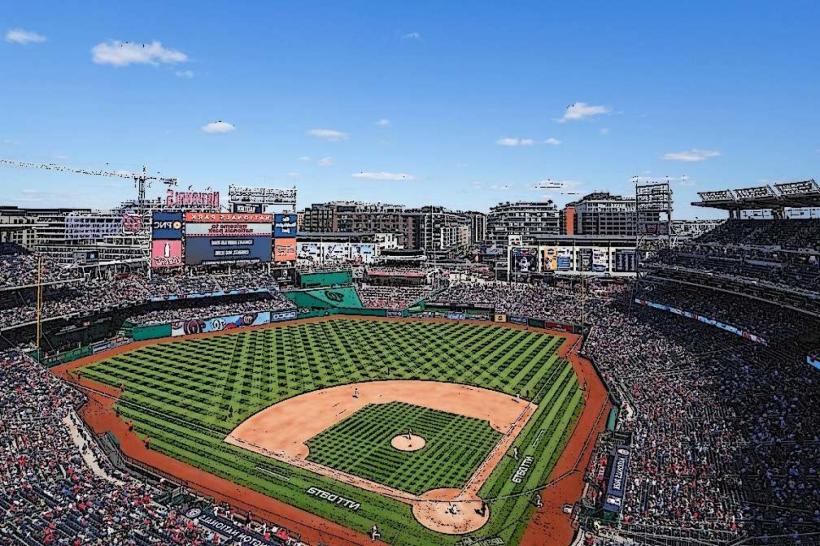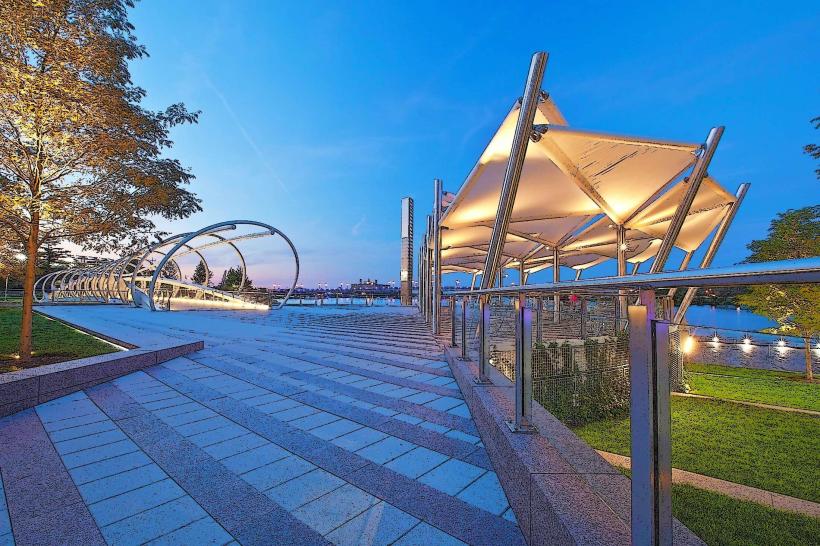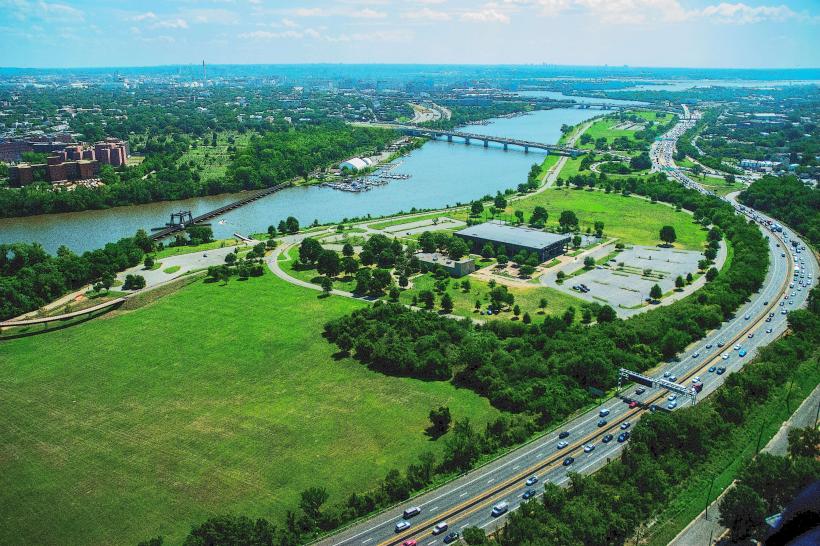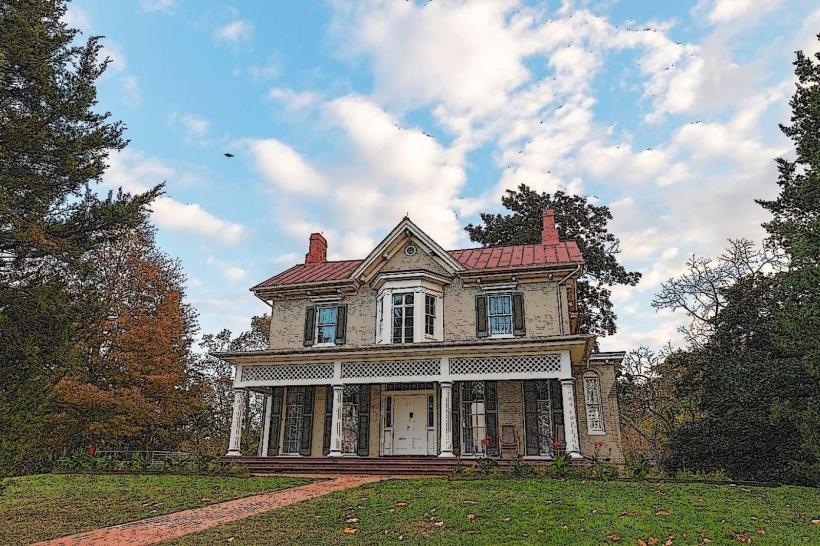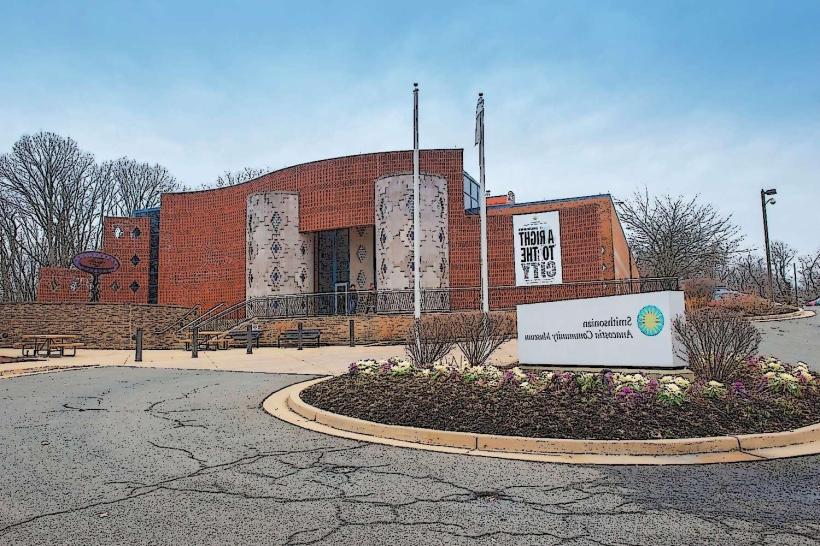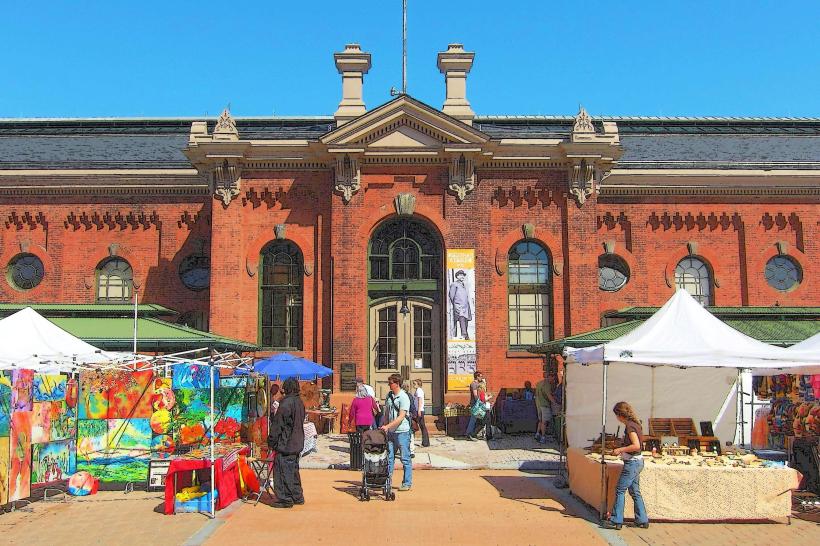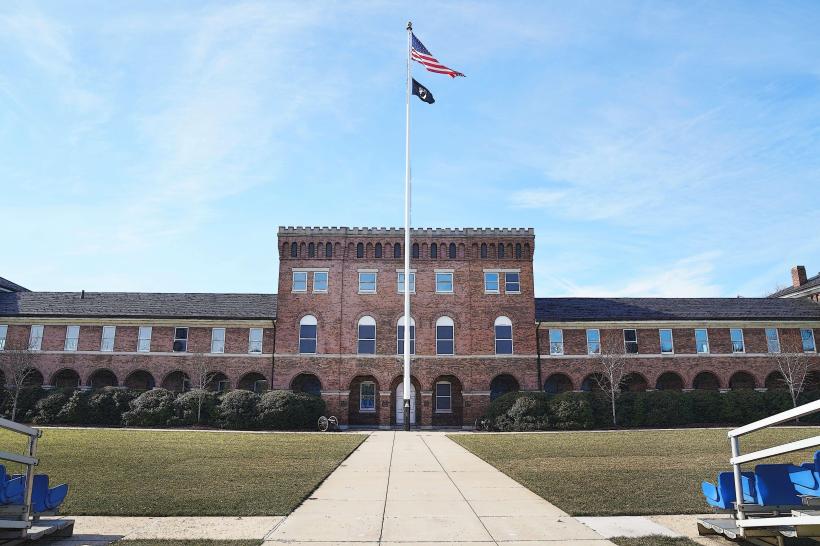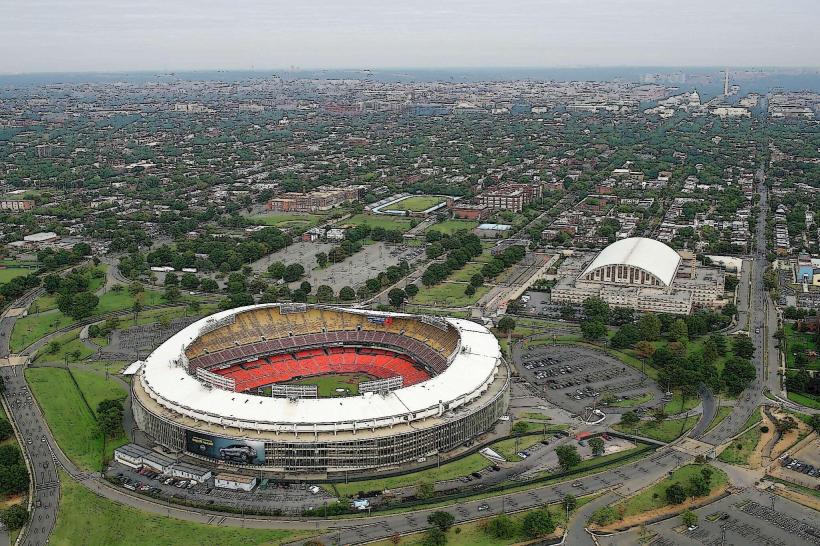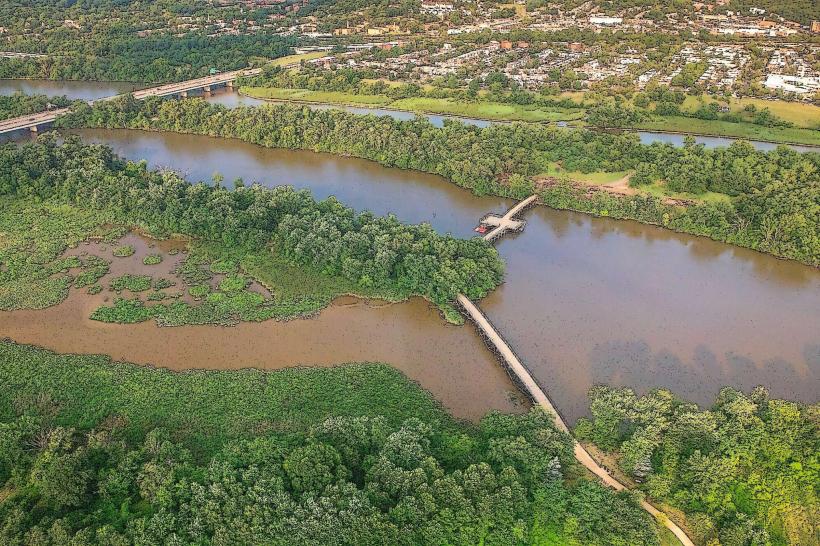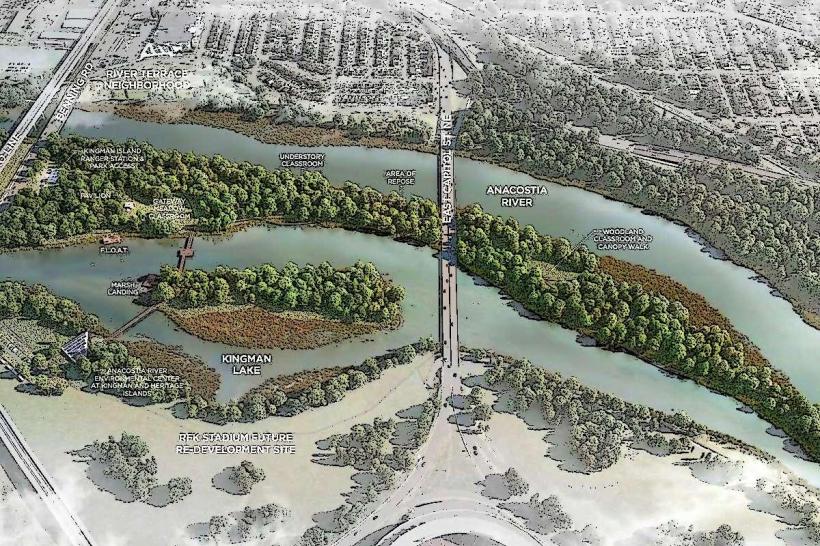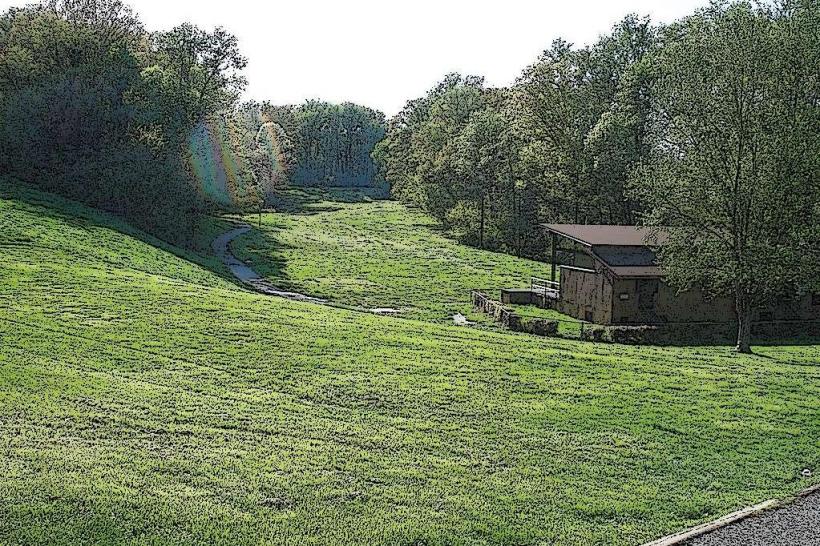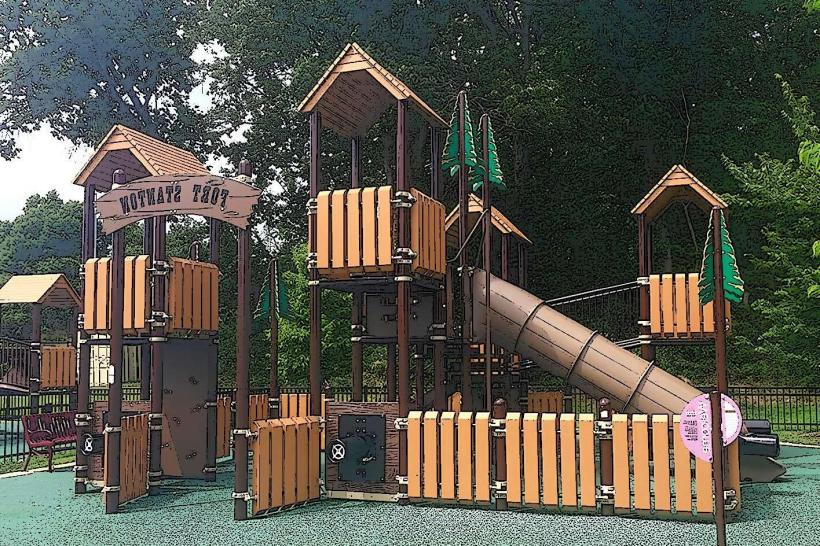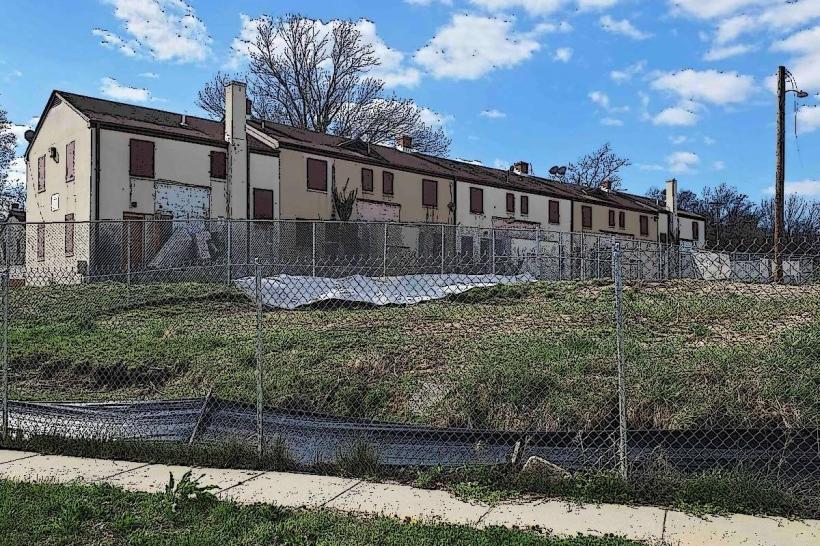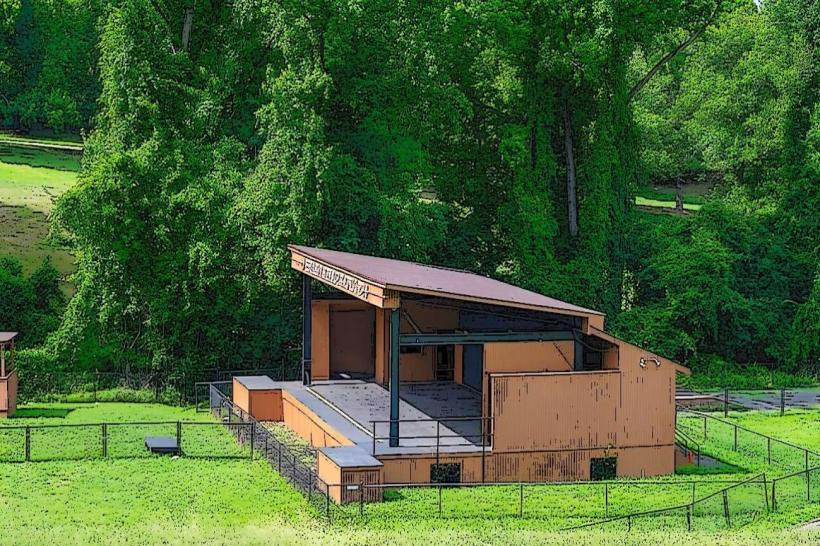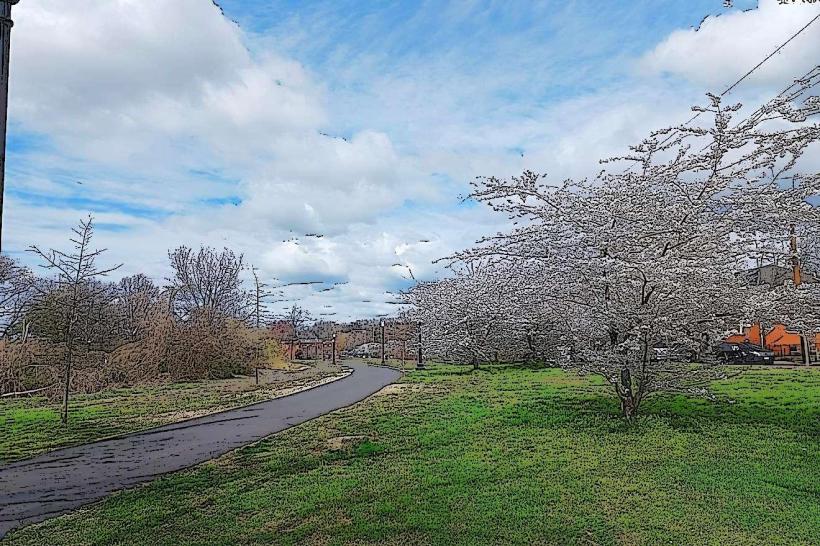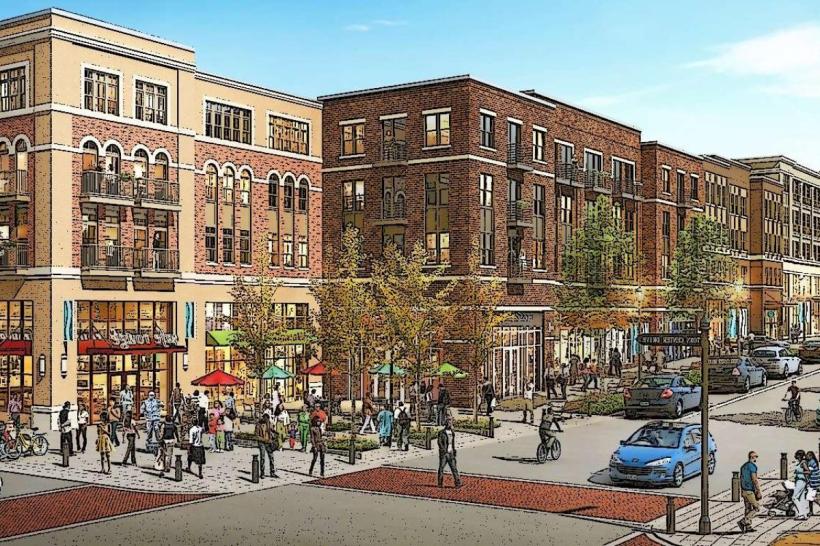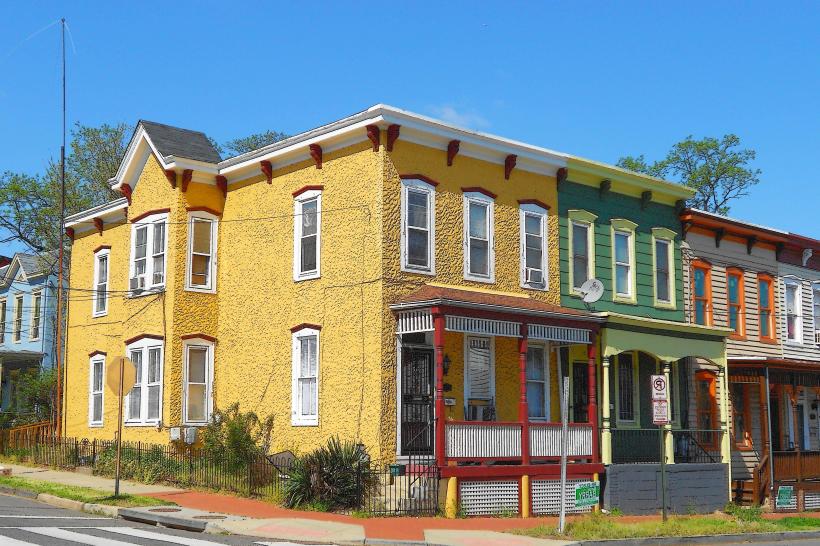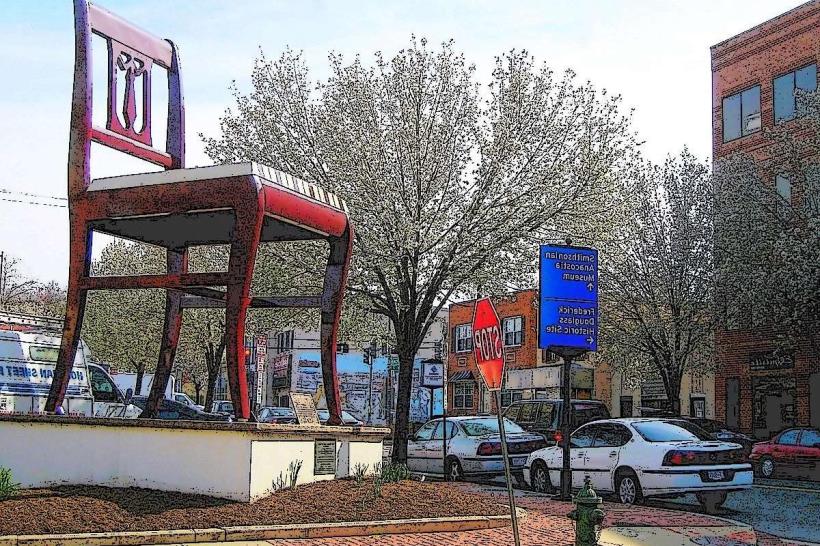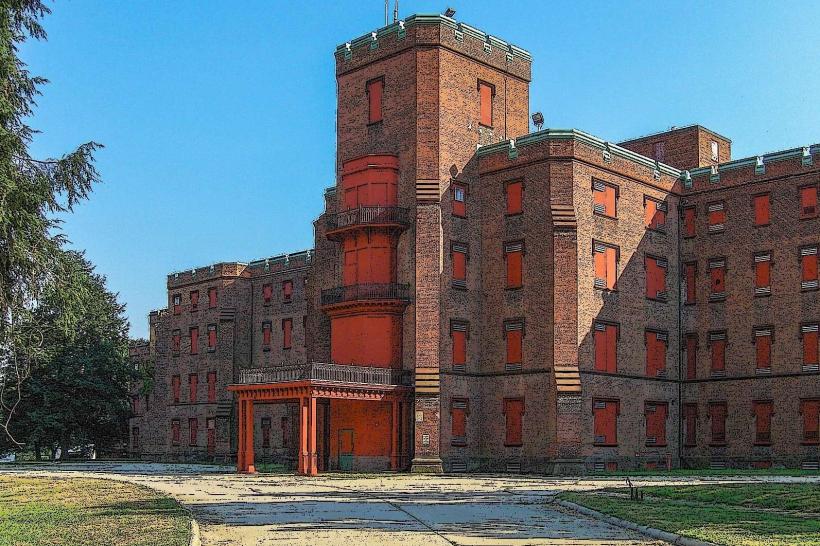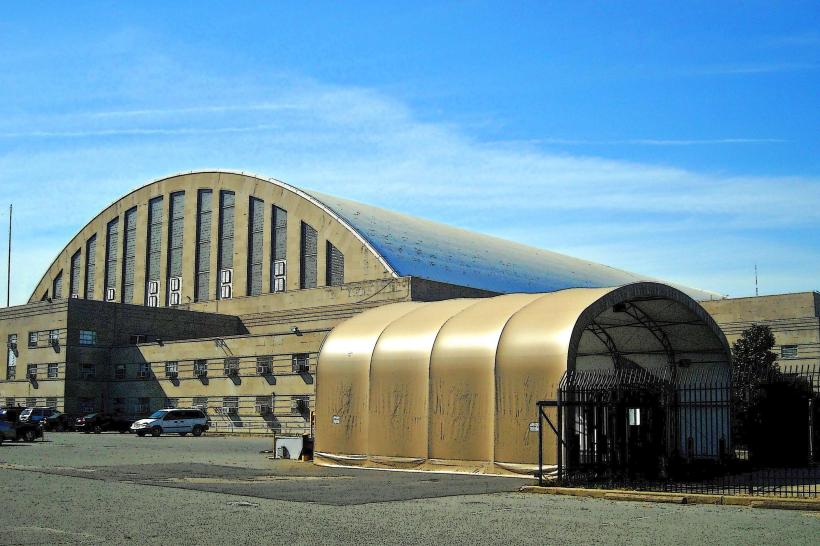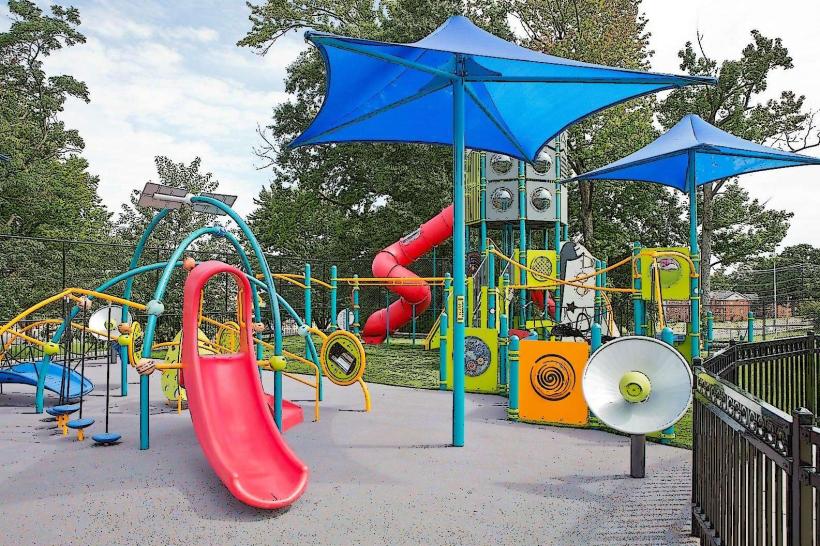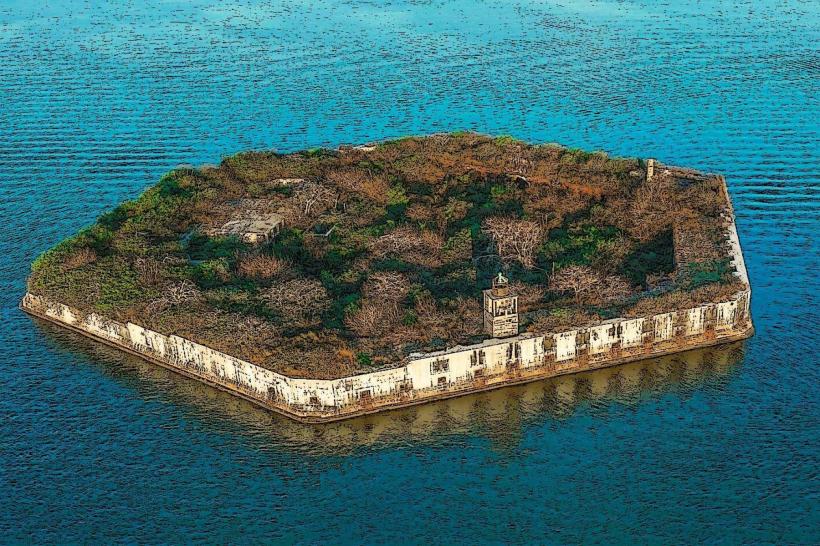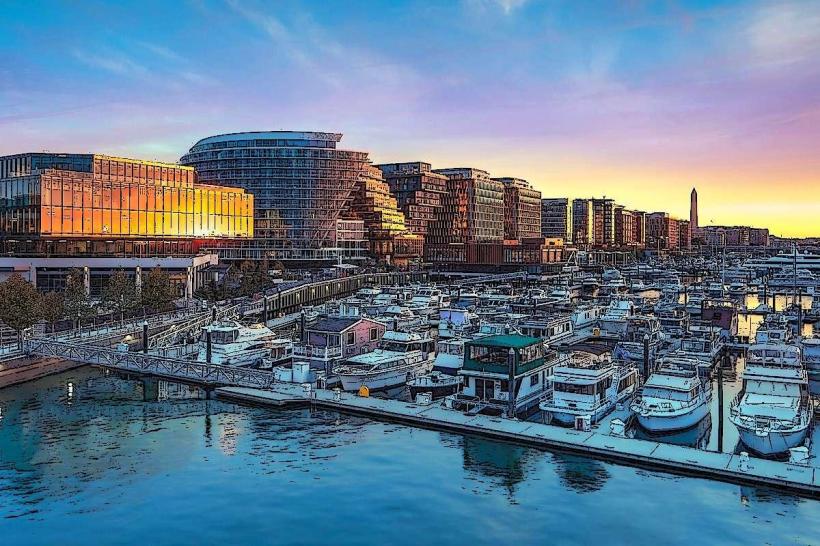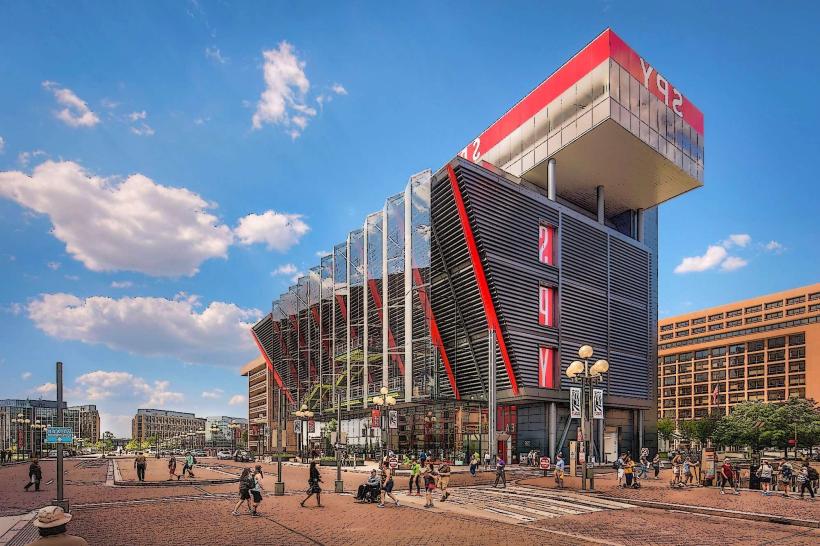Information
Landmark: Congressional CemeteryCity: Southeast Washington
Country: USA Washington DC
Continent: North America
Congressional Cemetery, Southeast Washington, USA Washington DC, North America
Congressional Cemetery, officially known as the Washington Parish Burial Ground, is a historic and culturally significant cemetery located in Southeast Washington, D.C., along E Street SE between 2nd and 6th Streets. Established in the early 19th century, it serves as the final resting place for numerous prominent figures in American history and stands today as both a historic landmark and an active community space.
Historical Background and Establishment
Founded: 1807
Original Purpose: Created as the parish cemetery for Christ Church, Washington Parish, to serve the growing population of the newly established capital city.
The cemetery was designed to accommodate the burial needs of the rapidly expanding federal city. It quickly became a preferred burial ground for government officials, military officers, and notable citizens.
Name and National Significance
Though commonly known as Congressional Cemetery, the name is somewhat informal and derives from the fact that many members of the United States Congress are buried there. It is not a federal or congressional property but a private burial ground affiliated originally with Christ Church.
Its national significance stems from its long association with the U.S. government and the many distinguished individuals interred within its grounds.
Notable Interments
Congressional Cemetery is the burial site of a wide range of influential historical figures, including:
John Philip Sousa, the legendary American composer and conductor known for his military marches
John Quincy Adams, sixth President of the United States (although he was ultimately buried at the family tomb in Quincy, Massachusetts, his first wife, Louisa Adams, is interred here)
Numerous members of Congress, military officers, diplomats, and early Washington political leaders
Benjamin Oliver Davis Sr., the first African-American general officer in the U.S. Army
Victims of the USS Maine explosion (1898), a pivotal event leading to the Spanish-American War
The cemetery reflects the complex history of the nation, including memorials to those who served in multiple American wars, from the Revolutionary War through World War I.
Architecture and Landscape
The cemetery covers approximately 35 acres and features:
Traditional 19th-century burial plots and family mausoleums
Ornate Victorian-era monuments, obelisks, and headstones
A distinctive gatehouse and chapel built in Gothic Revival style, serving as administrative and ceremonial spaces
Tree-lined walkways and landscaped grounds that provide a serene setting amid urban surroundings
The layout preserves the historic character of early Washington with rows of graves reflecting social and military ranks, family ties, and local prominence.
Cultural and Social Importance
Beyond its function as a burial site, Congressional Cemetery has become a center for community engagement and cultural programming:
It hosts seasonal events such as historic tours, Halloween lantern walks, and outdoor theater performances
The cemetery actively promotes historic preservation, working with organizations and volunteers to maintain monuments and restore deteriorated grave markers
It is home to a growing community of “adopt-a-lot” volunteers and advocates dedicated to its upkeep and education efforts
The grounds are used for quiet reflection, walking, and nature observation by local residents and visitors alike
Noteworthy Programs and Preservation Efforts
In recent decades, Congressional Cemetery has been revitalized through innovative stewardship:
It was listed on the National Register of Historic Places in 1996
The Association for the Preservation of Historic Congressional Cemetery (APHCC), a nonprofit organization, manages restoration, educational programs, and community outreach
The cemetery balances its historic mission with contemporary use, including occasional outdoor concerts, yoga classes, and storytelling events, transforming it into a vibrant urban green space
Accessibility and Location
Situated near the Capitol Riverfront and the Navy Yard neighborhood, Congressional Cemetery is accessible by:
Metro stations such as Potomac Avenue (Orange/Blue lines) and Navy Yard-Ballpark (Green/Yellow lines) within walking distance
Nearby bike lanes and pedestrian paths, integrating it into the city’s growing network of urban trails
Proximity to waterfront parks, historic sites, and rapidly developing commercial areas
Legacy and Symbolism
Congressional Cemetery stands as a poignant reminder of the nation’s history, honoring those who shaped the political, military, and cultural fabric of the United States. Its preservation highlights the importance of historic memory, community stewardship, and urban heritage.
The cemetery serves as a bridge between past and present-a quiet refuge in a bustling city where visitors can reflect on the lives of Americans who lived through foundational moments in U.S. history. Its continued vitality reflects a broader movement to preserve and celebrate historic spaces as active parts of modern urban life.

